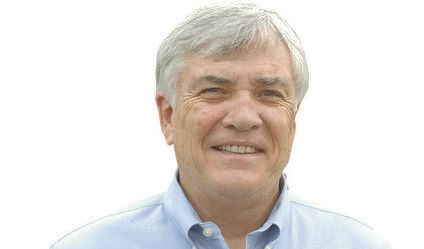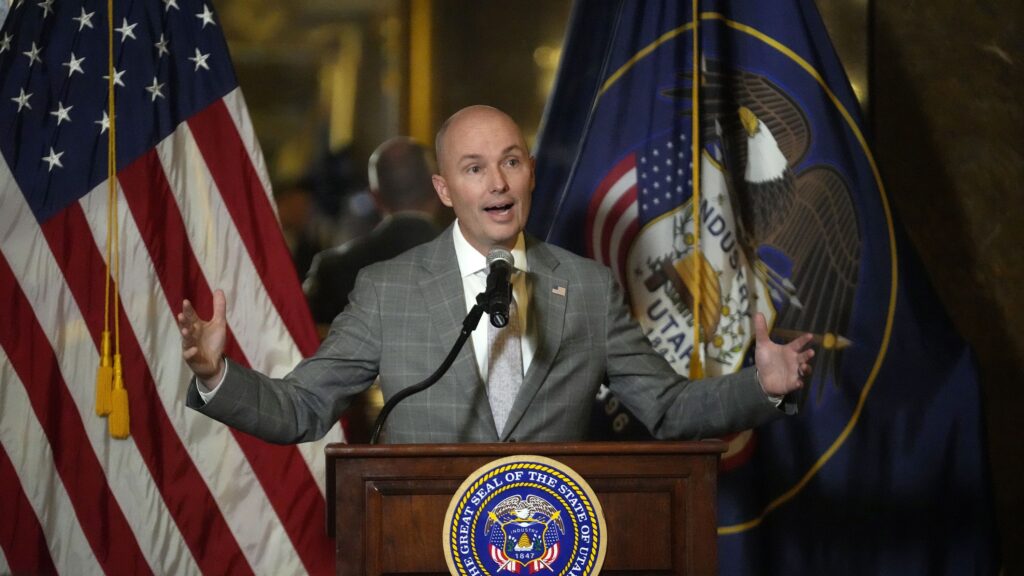Locating the firing squads, snake charmers, grenade tossers, snipers lurking beneath the Gold Dome

A dozen years ago the Colorado Legislature imposed a “pay-for-performance” compensation plan on state workers — no more merely going through the motions on the job and then collecting a guaranteed pay raise on the part of the alleged “deadbeats” burrowed within the ranks of state government. This plan has never really been implemented due to budget shortfalls over the past decade. The executive branch goes through the motions of ranking individual performance. However, the few times the JBC has found a few dollars for raises, they’ve been funded as flat, across-the-board pay hikes. Don’t worry state workers are told, one of these days, we’ll get it right. The righteous will be rewarded and the lazy punished — perhaps next year, or the year after that, surely before the next recession.
What about legislators? What if taxpayers compensated our lawmakers on the basis of their performance? How thrilled can these voters be with the lose-lose gridlock that characterized this year’s session? The State Affairs Committee in each chamber has served as killing ground for every initiative that might please the base in either party — Senate Republicans eviscerating Democratic bills and House Democrats returning the favor. It’s inconceivable that the opportunity to brag about blocking the “opposing team” offers greater political satisfaction than actually accomplishing something, but it appears to be true — all of which leads us to the consideration of what compromise consists of. It need not be limited to an attempt to reach compromise on a specific issue. That may not be achievable. As Lyndon Johnson, our most successful presidential negotiator, understood, it can and often must extend to exchanging something here for something over there. Ethical purists will usually sneer at this as “vote trading”.
But let’s be honest, do most Democrats really care whether gun nuts can purchase 15 or 30-round ammunition clips when 100-round drums can be ordered on the Internet? (Yes, I realize you will probably have to have these monstrosities mailed to your brother-in-law in Alabama first, and he then will need to forward them to you as a birthday present.) Just how many Republicans lie awake at night worrying about the number of child protection investigators? But let’s consider some larger issues that can be balanced. Our governor apparently spent all but the final two weeks of the session victim to Obama syndrome, convinced he could persuade Senate Republicans to embrace the wisdom of removing hospital provider fees from the state’s TABOR calculations. It took the President six years to figure out that congressional Republicans were far more interested in slitting his throat even when the only payoff was to watch him bleed. So, I suppose we can cut Hick some slack here. Why, though, he didn’t bother to advise Democratic legislators he was engaging in these negotiations is harder to explain. By the time HB 1389 was introduced to salvage his proposal, many Democrats privately confided they didn’t give a damn whether it passed or not.
As I sat in the House State Affairs committee and watched SB 272, which would extend the original 1999 TRANS Bond that authorized the T-REX expansion of I-25 for an additional $3.5 billion round of accelerated highway improvements, Greg Fulton with the Colorado Motor Carriers remarked to me, “Why can’t these guys approve both 272 and 1389?” That’s a potential bargain that actually makes some sense, but it would require a genuinely bipartisan majority. There are several Republicans convinced that TABOR refunds will provide their ticket to an enduring majority in 2016. Conversely, there are Democrats with little or no interest in steering more money into highways. Absent an effective mechanism for organizing such discussions, it has proven easier to toss bills into the process that have little or no chance of passage, but that can be used to embarrass colleagues, while ambushing legislative strays for the sheer satisfaction of killing another good idea. The only major piece of legislation where compromise was even attempted this year was student testing, where an unusual bipartisan coalition has formed. The attempt to float $12 billion in Pension Obligation Bonds with less than a week remaining in the session was the strangest move of all. Treasurer Walker Stapleton, who clearly has his eye on the governor’s chair in 2018, paired up with pension supporters to propose entering the arbitrage business. These would-be Michael Milkens were apparently willing to paper over their differences in hopes of taking credit for “saving” the state’s defined benefit retirement program. At the end of the day, $12 billion sounded like a lot of money, even for Democrats, and the plan was scuttled. It seems likely to prove undead come next session
Compromise and open meetings requirements
No self-respecting officeholder will publicly question voter enthusiasm for “transparency.” We all think we know the kind of evils that are hatched in smoke-filled rooms: party bosses lining their pockets, kickbacks for legislators, favors to campaign donors and the fiscal rape of taxpayers. We don’t want any of that, do we? Of course not! But, we also want to see our legislators get a few things done. This frequently requires more than two elected officials to meet together with freedom to speak frankly and in confidence about their colleagues — something that isn’t likely to occur when the press sits in the room. Nor is it possible to provide 24 hours notice and post meeting agendas during the final, frantic few hours of a legislative session. Bills stall unexpectedly. Surprise amendments are adopted. Objections from individual legislators must be addressed; yet current constitutional provisions prevent legislative leaders from conferring privately to resolve these stalemates. A former governor has conceded that the speaker and Senate president, as well as the minority leaders, mapped out separate routes to an office supply closet at the Capitol where they could huddle briefly during such emergencies. This arrangement only worked because those particular leaders trusted one another and shared the risk of being “outed” — felons all, I suppose. There are times when the open meeting requirements in the Colorado constitution have become the problem rather than the solution. A reasonable exemption for confidential negotiations on pending legislation is a small risk to pay for actual results. Anything would provide an improvement on the “gotcha” lunacy we’ve just witnessed.
— Miller Hudson is a public affairs consultant. He can be reached at mnhwriter@msn.com.











